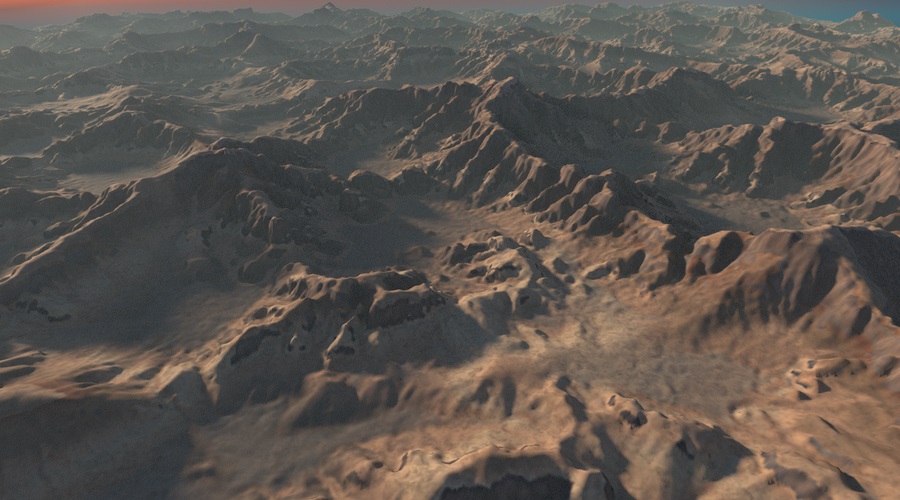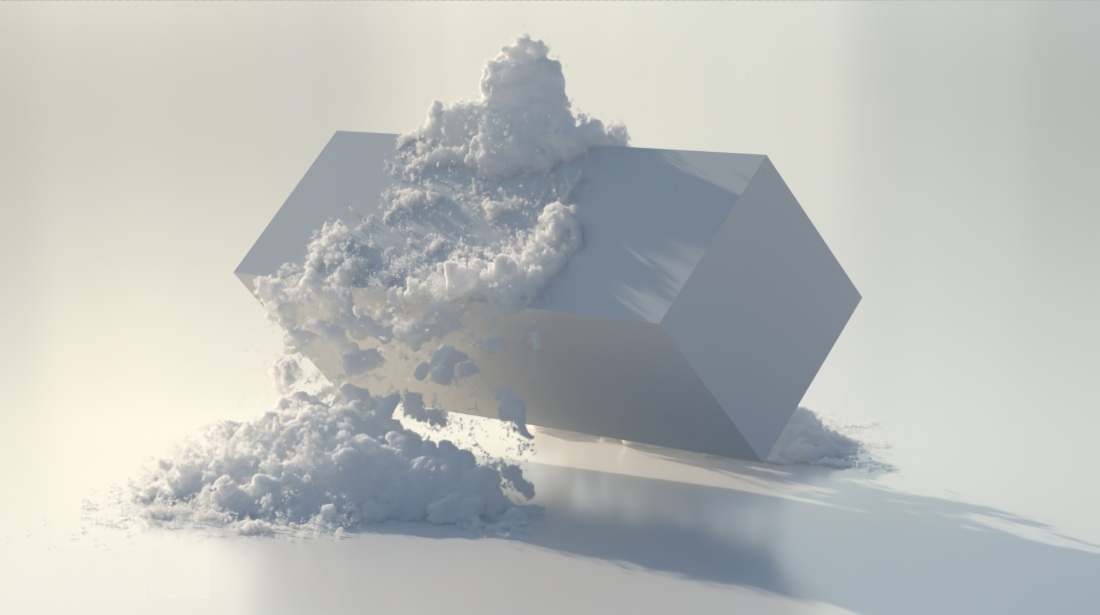| On this page |
General-Purpose ML ¶
-
New
ML Regression Linear SOP allows training and inferencing using linear models entirely within SOPs. This fits a linear model to your training data.
-
New
ML Regression Kernel SOP allows training and inferencing using kernel ridge regression entirely within SOPs. This method works by computing optimal weights for kernel functions centered at data points. This approximates your training data using a weighted combination of kernel functions centered at your data points.
-
New ML Regression Kernel TOP trains a model using kernel ridge regression. This trains the same kind of model as
ML Regression Kernel SOP, but allows it to export as an ONNX model to use with the
ML Regression Inference SOP.
-
The new nodes
ML Example Raw and
ROP ML Example Raw Output allow faster and more direct writing of data sets to disk for training.
-
Faster performance for
ML Example,
ML Example Decompose, and
ML Extract Example using dedicated C++ core nodes. This speeds up the processing of data sets.
-
ML Train Regression improvements:
-
Now supports user-defined neural network architectures, which can be declared succinctly using a python snippet. This includes support for convolutional layers, useful for training data consisting of images and volumes.
-
Various options to define custom networks for models and custom loss functions.
-
New options to control a model’s optimization and scheduling the training rate.
-
Various logging enhancements for that allow logs to be seen from TOP/PDG. Generate more useful and better formatted training logs. Include important diagnostics about the platform and environment.
-
ML for animation and character ¶
-
New
ML Pose Deserialize SOP node helps to convert a rig pose that was previously serialized using ML Pose Serialize back into a rig pose.
-
New ML Train Deformer recipe allows you to train your own ML Deformer model, which can give you more realistic animation than traditional animation methods such as linear blend skinning.
-
New
ML Deform SOP allows a model trained using the ML Train Deformer recipe in SOPs.
-
New
APEX Add ML Deformer SOP allows a model trained using the ML Train Deformer recipe in APEX rig.
-
New
Armature Deform SOP and
Armature Capture SOP allow you to deform organic tissue repeatedly using skeleton poses. You can use these nodes to generate training data for an ML deformer and other applications outside of ML.
-
ML Pose Serialize SOP and
ML Pose Deserialize have new options to control whether local or world transforms are serialized/deserialized.
ML for images ¶
-
New
ML Train Style Transfer TOP trains a machine learning model for doing style transfer between two classes of images. The resulting model can be used with
ONNX Interface SOP or
ONNX Inference COP .
-
New
ML Train OIDN TOP is a wrapper around the OIDN training script used to train an OIDN denoising filter model on preprocessed training and validation datasets.
-
New
ML Preprocess OIDN TOP is a wrapper around the OIDN preprocessing script used to preprocess training and validation datasets compliant with the OIDN dataset naming scheme.
-
Added the PDG ML Training Monitor Panel, which can inspect the training progress and plots of the
ML Train Style Transfer TOP and
ML Train Regression TOP .
ML for volumes ¶
-
New ML Train Volume Upres recipe allows you to train your own pyro upres model. A trained model can be used to make a lowres pyro sim look more like a highres pyro sim, without actually running a highres pyro sim.
-
New
ML Volume Tile Component allows you to crop tiles from a given volume at one or multiple provided point positions. This is useful for creating training data from 3D volumes. This node is part of the ML Train Volume Upres recipe.
-
New
ML Volume Tile Inference allows you to run an ONNX model on a volume without creating any seams by splitting it up into tiles.
-
New
ML Volume Upres allows you to run an ONNX model that was trained using the new ML Train Volume Upres recipe.
-
The
Sparse Billowy Smoke shelf tool was updated to use
ML Volume Upres node to upscale and sharpen the smoke simulation using a pretrained ONNX machine learning model. It creates thick cloud-like smoke rising from a spherical base and is useful as a starting point for simulating scenarios such as chimney smoke or cooling tower steam.
ML for Surfacing ¶
-
New
Neural Point Surface SOP takes a point cloud as input and reconstructs a VDB surface from it. It contains multiple specialized pretrained models to yield specific looks depending on the material being surfaced. In general, this node should allow users to reconstruct smooth surfaces while preserving the sharp, high frequency, details described by the point cloud.
-
Options to use the Neural Model are available on the
MPM Surface SOP.
ML on the Content Library ¶
|
Neural Terrain Paint showcases new machine learning workflows for Heightfields in Houdini 21, featuring an interactive Neural Terrain Painting hda, a streamlined training hda for generating models, and an example scene demonstrating how ML can be combined with heightfield SOPs to create large, visually rich landscapes. Download the files here. |
|---|---|
|
The Neural Point Surface training setup is available on the content library. Download the files here. |

